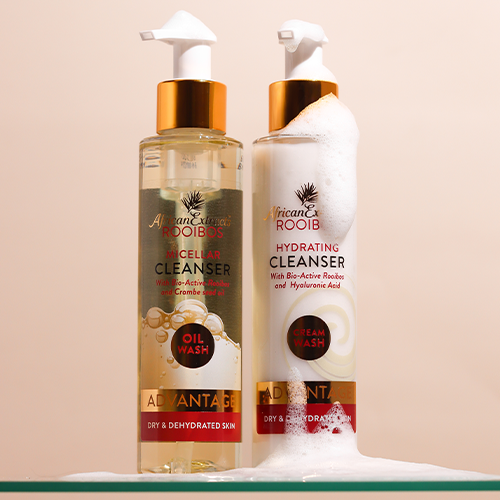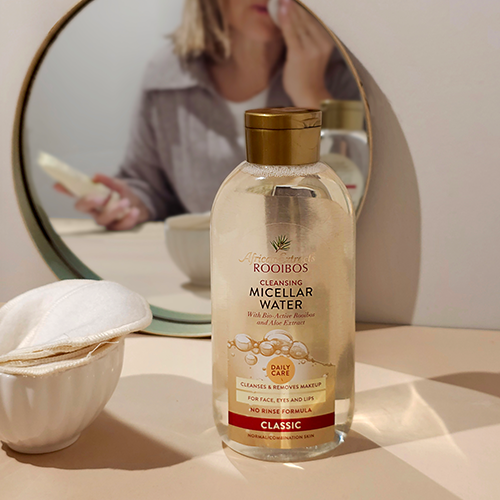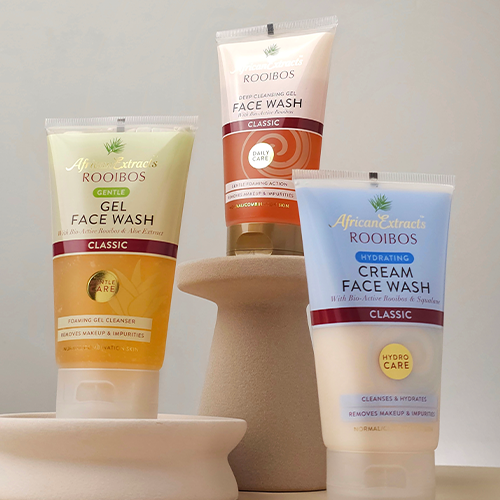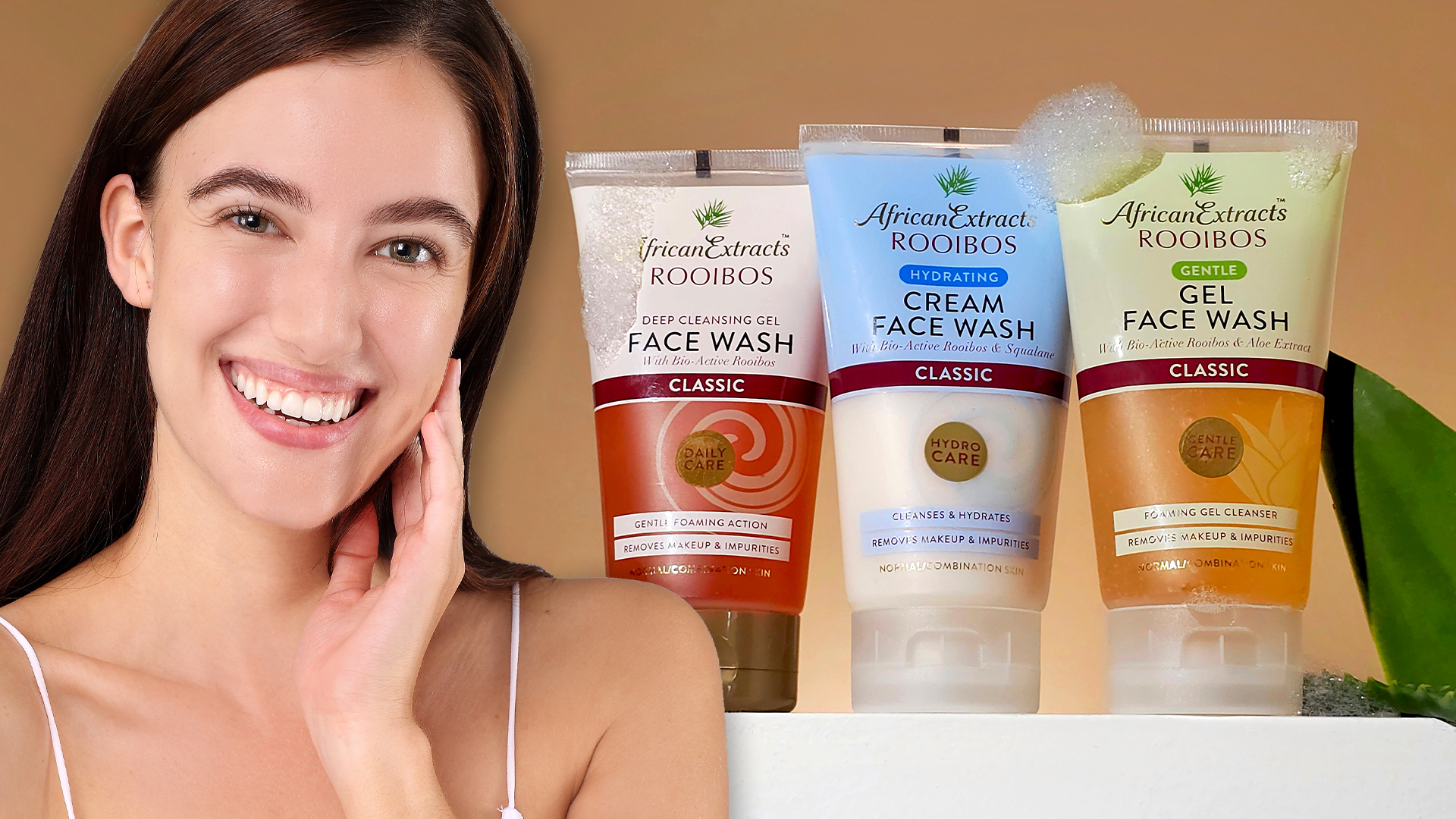For many Nigerians and West Africans, an active lifestyle has become the new normal. From early morning jogs to late-night football games with friends, staying healthy means keeping your body in motion. Sweating is a natural part of this journey; it’s your body’s way of regulating temperature and flushing out waste through your pores. But with increased perspiration comes the need for effective skin cleansing—a crucial, often-overlooked aspect of overall wellness that goes beyond basic hygiene.
Modern skincare has progressed well past the era of harsh bar soaps. Today’s cleansers are designed with targeted benefits for different skin types and concerns—whether you live in bustling Lagos with its relentless heat or in the more humid coastal cities of Ghana. These advanced products don’t just clean; they prime your skin for other treatments such as serums, moisturisers, or sunblock, a necessity given the African sun and pollution levels. It’s essential to choose a cleanser that matches your specific needs and to make it a consistent part of your daily routine.
When Should You Cleanse Your Skin?
In West African climates, where heat and humidity are part of daily life, regular cleansing is especially important. According to Dr. Amaka Okoye, a Lagos-based dermatologist, “Morning cleansing removes the waste your skin has processed overnight and ensures your pores are free from sweat and oil build-up.” After exercise or any physical effort, a proper cleanse helps clear away toxins expelled during sweating, leaving your skin refreshed and ready for moisturising products.
But cleansing isn’t only for the morning rush. In the evening, it’s vital to remove makeup and the layers of dust and airborne pollutants that accumulate during the day. Environmental stressors in cities like Abuja, Accra, and Port Harcourt can clog pores and damage the skin’s natural barrier, leading to irritation, breakouts, and faster skin aging. As noted by health experts in the region, failing to wash away these irritants can result in increased sensitivity, frequent flare-ups, and the stubborn acne problems that are becoming more commonly reported among urban dwellers.
Exploring Rooibos-Powered Cleansing Solutions
African Extracts Rooibos is a brand that has become increasingly popular, not only in South Africa, where it originated, but also among West African skincare enthusiasts looking for affordable, high-quality options. This brand’s cleansers are specially formulated with antioxidant-rich Bio-Active Rooibos extract. Rooibos, a native African plant, is well-known for its soothing, anti-inflammatory properties—an advantage, especially for skin exposed to harsh sun and frequent environmental stress.
If your skin leans toward the oily or acne-prone side, you might consider the brand’s Purifying range, which features salicylic acid—a trusted ingredient for clearing breakouts and minimising pore congestion, as recommended by dermatologists. For those with normal to combination skin—a common type among West Africans—the Classic Gel Face Wash remains a best-seller for its gentle yet effective cleansing abilities. This core offering is now joined by the Hydrating Wash, enhanced with plant-based Squalane for lasting moisture, and a Gentle Face Wash containing Aloe to calm sensitive skin.
For times when a lighter cleanse is all that’s needed—like freshening up after riding a danfo bus or returning from a visit to the market—the Micellar Water offers a fuss-free option. All of these products are reportedly priced under R100, making them accessible to a wide range of Africans seeking value without sacrificing quality—a sentiment echoed by Abuja-based skincare vlogger, Ngozi Adesina, who notes, “Affordable and effective skincare is no longer a luxury—it’s a necessity in our climate.”



For those with dry skin—a concern especially in Harmattan season—or those who practice double cleansing, African Extracts recently launched the Advantage cleanser duo. This pair is tailored for deep yet gentle cleansing, starting with a nourishing Micellar Cleanser based on Crambe seed oil—an ingredient praised for removing stubborn makeup and sunscreen. Following up with the Hydrating Cleanser, which features Hyaluronic Acid, ceramides, and extracts from the “Resurrection plant,” ensures the skin is left plumped, nourished, and balanced. Users can opt for one or both steps depending on their skin’s needs—a routine increasingly recommended by skincare professionals and beauty editors across West Africa.
These products are available through selected pharmacies and retailers, including Clicks, Dis-Chem, certain supermarkets, Takealot, and directly from www.africanextracts.com. It’s always advisable to check with authorised sellers to ensure you’re receiving genuine products.
Opportunities and Challenges in African Skincare
Nigeria and Ghana both sit at the heart of Africa’s growing skincare industry. The surge in demand for products targeting African climates and skin tones is evident in social media conversations, street beauty shops, and the advice of local experts. According to the Nigerian Association of Dermatologists, there’s also been an uptick in public awareness about the importance of ingredients and product safety, following several high-profile cases of counterfeit cosmetics in local markets (source: Nigeria Skincare Association).
Despite this progress, challenges persist. Access to authentic products is not always straightforward, especially in rural or less urbanised regions. Issues of affordability, brand trust, and product knowledge remain—highlighting the need for greater public education on how to discern safe and effective skincare goods. Meanwhile, the popularity of natural ingredients such as Rooibos reflects a broader desire to connect with traditional African botanicals in new, modern formulations. Ghanaian beauty consultant Akosua Asare notes, “Many consumers are reclaiming pride in African-sourced products that are kind to the skin and the environment.”
As more global and regional brands vie for attention in West Africa, diversity in product lines and focus on localized needs—such as formulas that withstand high humidity, dust, and pollution—will continue to shape the industry’s future. With a young, style-conscious population and a deepening understanding of natural skincare, the possibilities ahead are vast.
Ready to upgrade your skincare routine to match your vibrant, energetic lifestyle? The choices you make today—guided by science, culture, and community knowledge—could be your passport to healthier, more radiant skin.
How do you approach your daily skincare—strict routine or as-needed refresh? Which local or natural ingredients have worked best for your skin? Drop your thoughts in the comments and let us know your favorite tips!
Have a wellness or lifestyle story to share? We’re always excited to amplify African voices and stories! Email us at story@nowahalazone.com to get your story published or to discuss story sales.
Stay up-to-date on health, fitness, and lifestyle trends—follow us on Facebook, X (Twitter), and Instagram for more engaging content and everyday wellness inspiration!









